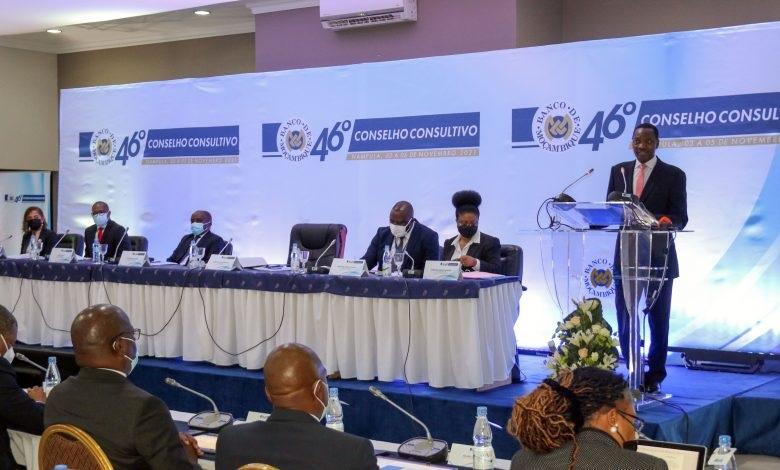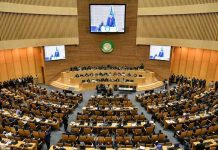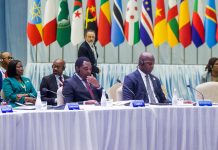Africa-Press – Mozambique. The Governor of the Bank of Mozambique, Rogerio Zandamela, on Wednesday said that the country’s foreign reserves remained comfortable, and sufficient to cover further six months of imports.
Speaking at the opening ceremony of a meeting of the Consultative Council of the central bank, in the northern city of Nampula, Zandamela said that strengthening compliance with the exchange law, with emphasis on the on-site inspection of commercial banks and other credit institutions, has strengthened the country’s external position.
“The moves put in place have enabled us to reach our great goal which consists of price stability and we have witnessed a stability of the metical against the US dollar,” Zandamela stated at the three day meeting.
The central bank’s governor added that the international reserves have increased thanks to the recent granting, by the International Monetary Fund (IMF), of special drawing rights equivalent to 308 million dollars.
Given the positive results achieved, the central bank decided to reduce the compulsory reserve coefficient in foreign currency, which is the amount of money that the commercial banks must deposit with the Bank of Mozambique.
In September, the coefficient for local currency fell from 11.5 to 10.5 per cent, but for foreign currency the cut was much sharper, from 34.5 per cent to 11.5 per cent. This move, the bank said at the time, “seeks to make more liquidity available for the economy”.
“The reduction of the required reserve ratio has enabled the country to add 500 million dollars to the financial system, which will contribute to the country’s economic recovery,” Zandamela announced.
He has also pointed to the improvement in global demand from the third quarter of the year, following a gradual reopening of the world economies, boosted by the lifting of the Covid-19 restrictive measures.
The Mozambican Gross Domestic Product recorded a two per cent annual growth, in the second quarter of the year, said Zandamela. But growth in the same period in 2020 had been 3.5 per cent.
For More News And Analysis About Mozambique Follow Africa-Press






